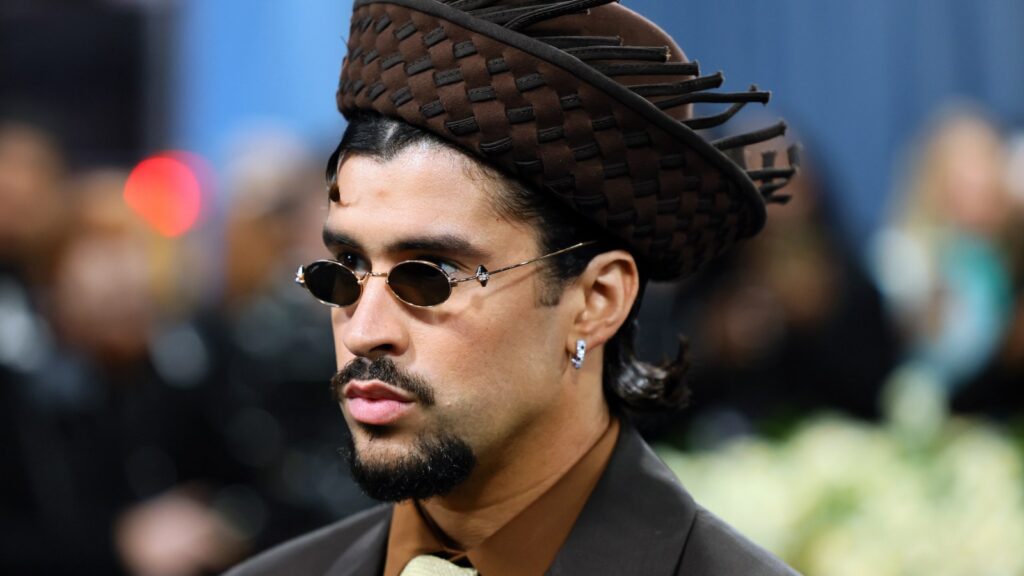Bad Bunny Faces Copyright Lawsuit Over Music Sampling
In a significant legal development, Afrobeats artist Eiji has initiated a lawsuit against renowned Reggaeton star Bad Bunny, over allegations of copyright infringement that stem from claims made in Eiji’s song. This situation has escalated after over two years of public discourse.
The Allegations
Eiji, who is also the founder of record label Empower Africa, expressed concerns regarding Bad Bunny’s use of his music in his track “Ensenyame.” According to Eiji, this song has financially harmed him, as it allegedly interpolated and sampled his own work without proper authorization.
An Ongoing Battle
Since February 2023, Empower Africa has been in discussions with Bad Bunny’s management, aiming for a resolution regarding the sampling issues. Eiji stated, “The Empower Africa team has been trying to sort this out in a friendly way with their mutual legal team since last May,” but found the response from Bad Bunny’s label, Rimas Music, to be dismissive and inappropriate.
Legal Actions Initiated
On May 2, producer Della, who collaborated with Eiji, filed a formal lawsuit against Bad Bunny. The suit alleges that Bad Bunny’s team has failed to credit other creators, including Joe Boy and Della himself, thereby “stonewalling” their contributions. Della’s attorney, Robert A. Jacobs, remarked, “It’s not often the case that music artists of Bad Bunny’s caliber… use other people’s music without permission.” This highlights the underlying tensions surrounding credit and compensation in the music industry.
Previous Claims and Defense
Bad Bunny’s team has previously defended their actions, claiming the samples used in the disputed tracks were obtained with permissions from Lakizo Entertainment. However, the long-standing conflict between Empower Africa and Lakizo has reportedly led to the song being removed from streaming platforms due to legal disputes. Della’s lawsuit argues that Lakizo was not authorized to clear the sampled material.
Next Steps
The legal implications could significantly impact both artists and their respective labels. In light of this ongoing conflict, Eiji’s representatives have made it clear that, despite attempts at a resolution, they are prepared to pursue judicial action to defend their rights. “In spite of the plaintiff’s cooperation, these defendants have made it clear… the only option to obtain relief for a violation will be made through the court,” Della’s attorney has stated.
Conclusion
This evolving situation underscores the complexities surrounding music copyright and the importance of proper attribution in the industry. As this legal battle progresses, it serves as a reminder of the challenges artists face in protecting their creative works.


